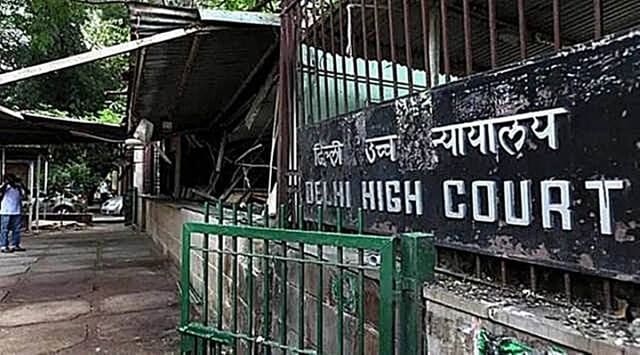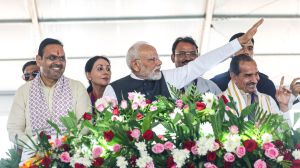Establish that Indians cannot enrol as lawyers in South Korea: HC to Bar Council of India
The bench was hearing the bar body’s plea against a May 30 order passed by Justice Yashwant Verma allowing a Korean national who had graduated from an Indian law university in 2016 to enrol as an advocate in India.
 During the hearing today, Justice Narula orally said the single judge in his order had “laboured” to consider that this was a case of a foreign national who had studied law in India and wanted to practice in India and was not a “foreign lawyer”.
During the hearing today, Justice Narula orally said the single judge in his order had “laboured” to consider that this was a case of a foreign national who had studied law in India and wanted to practice in India and was not a “foreign lawyer”. While hearing the Bar Council of India’s challenge to an order directing it to process a South Korean national’s plea for enrolment as a lawyer in India, the Delhi High Court Wednesday asked the BCI to establish that Indians cannot enrol as lawyers in South Korea.
A division bench of Chief Justice Satish Chandra Sharma and Justice Sanjeev Narula granted six weeks to the BCI to file “an appropriate document” to show that Indian citizens who have received their law degree/qualification in South Korea are not permitted to enrol as advocates in the country. The matter is next listed on December 18.
The bench was hearing the bar body’s plea against a May 30 order passed by Justice Yashwant Verma allowing a Korean national who had graduated from an Indian law university in 2016 to enrol as an advocate in India. The single judge had directed the BCI to process his application for enrolment forthwith in accordance with the law.
In doing so, the single judge had set aside the BCI’s July 23, 2020, order which had refused his request for permission to be enrolled as an advocate. The BCI had held that since “duly qualified citizens of India have not been shown to be permitted to practice law in South Korea, the petitioner would be disentitled” as per proviso to Section 24 of the Advocates Act.
Section 24(1)(a) states that a person can be admitted as an advocate on the roll of the state bar council if “he is a citizen of India”. The proviso to this section states that a foreign national may be admitted as an advocate on a state roll if the “citizens of India, duly qualified” are permitted to practice law in the foreign national’s country.
During the hearing today, Justice Narula orally said the single judge in his order had “laboured” to consider that this was a case of a foreign national who had studied law in India and wanted to practice in India and was not a “foreign lawyer”. Justice Narula further orally said, “Speaking for myself, I don’t find anything wrong with the single judge’s order.”
Senior advocate and BCI chairman Manan Kumar Mishra said that the bar body has to verify the factum of “reciprocity” of similar permission for Indian nationals to practice in South Korea. He submitted, “This will open a floodgate,” adding that this may later result in the entry of lawyers from Pakistan and Nepal into India. Justice Varma had in his order noted that the South Korean national had addressed a query with the President of the Korean Bar Association and the Ministry of Justice, South Korea, on whether Indian nationals could enrol themselves with the Bar to practice law in South Korea.
In their response, the single judge had noted that the authorities had said that there was no bar and any interested individual could take the Bar exam. The court had, therefore, said that the relevant provisions in Korean law apply equally to South Koreans as well as Indian applicants which clearly eliminates any concerns about discrimination.
Justice Varma had additionally said the BCI inquiry, which had asked the South Korean national why he did not pursue Indian citizenship, was “wholly immaterial and uncalled for” and had “absolutely no relevance for the purposes of considering his application for enrolment with the Bar”.







